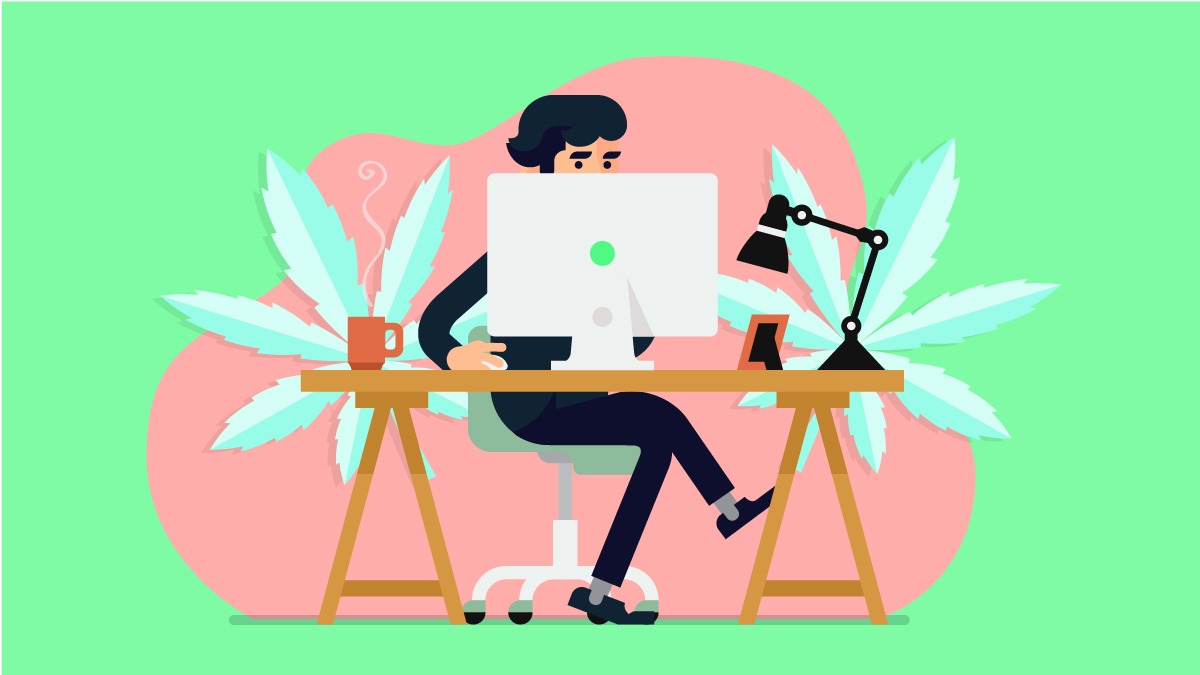Wondering how long CBD stays in your system?
The time it takes for CBD’s effects to kick in — and how long it then stays in your system — depends on factors such as your weight, metabolism, and the type of CBD product you’re using.
This article will explain the science behind what happens to CBD once it enters your body and how long it remains active and detectable in your bloodstream.
Quick Answer: How Long Does CBD Stay In Your System?
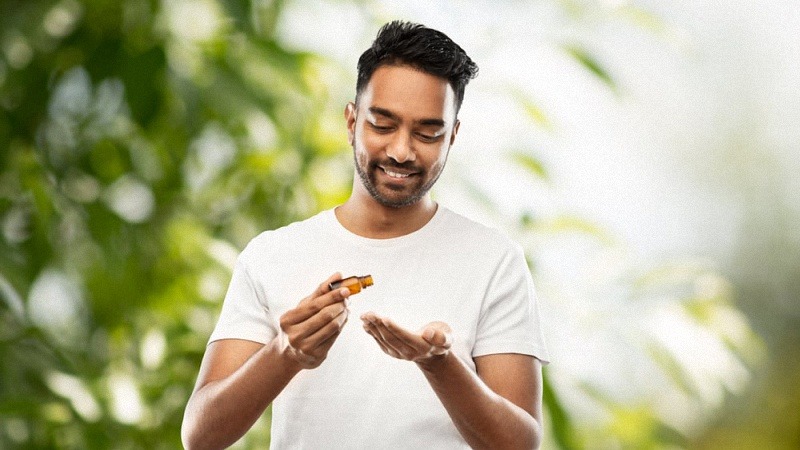
It’s impossible to predict exactly how long CBD will stay in your system for as everyone’s different. Factors such as individual metabolism and frequency of CBD use all play a role.
With that said, if you take it for the first time or as a once-off, it’ll be out of your system within a day or two.
If you consume CBD for a continuous period of time and then stop, levels will build in your body and it’ll stay in your system for up to a week afterward.
What Factors Affect How Long CBD Stays In Your System?
There are several influencing factors that determine how long CBD remains in your bloodstream.
Some people have faster metabolisms than others, meaning that CBD is likely to stay in their system for less time. The rate of metabolism will decrease naturally with age — so older people may find it stays in their system longer than younger people.
The main variable is the method of consumption. This is because your body processes it in different ways depending on how it’s consumed, so the time it takes to get into your bloodstream varies, as does the time it takes to leave your body completely.
1. Oral Intake: CBD Duration
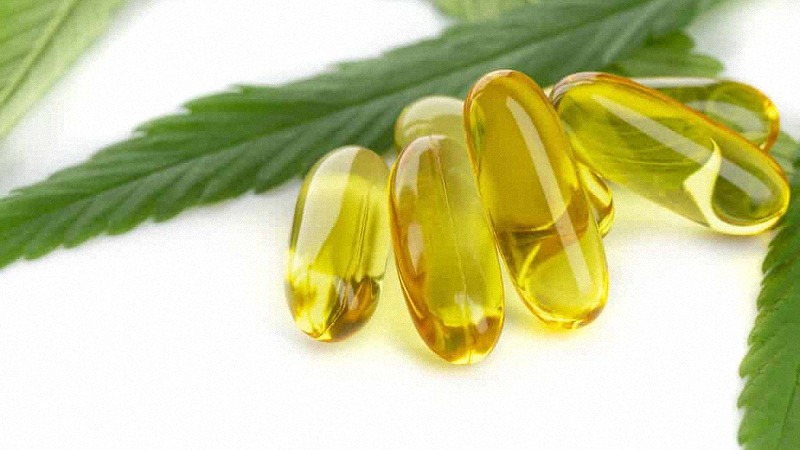
Oral CBD refers to any type of CBD product you eat or swallow — this includes CBD edibles such as capsules and gummies.
This method of consumption offers the lowest bioavailability (around 6% to 19%) as the CBD goes through the digestive system first, then is metabolized by the liver before it finally enters systemic circulation.
Once CBD starts to take effect approximately an hour or two later, the effects are relatively long-lasting. One study on mice found that the average time ingested CBD stayed in the body was 4.2 hours. This is known as the “mean residence time”.
It’s quite common for people to feel the effects of CBD for up to 6 or 8 hours after ingestion.
In terms of CBD’s half-life, an NCBI study reported it to be 3.21 hours after consuming capsules containing 10 mg of liquid CBD. This means exactly half the CBD remains at the 3.2-hour mark.
2. Inhalation: CBD Duration
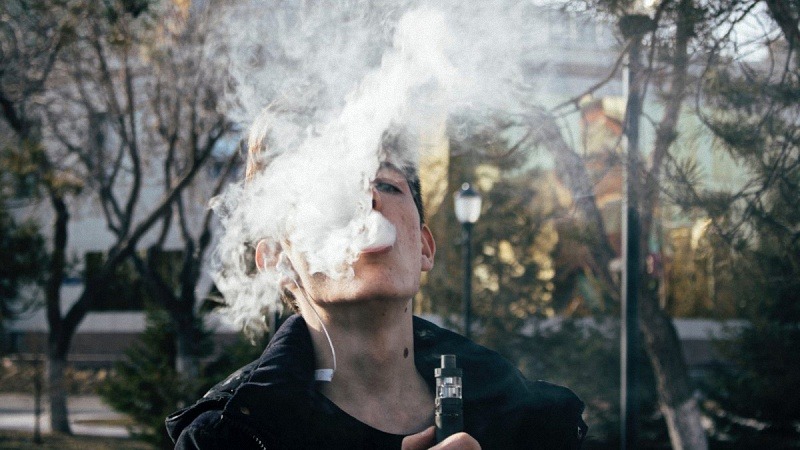
When inhaled by either smoking or vaporizing, CBD has a higher bioavailability (approximately 31%). This is because the membranes lining the lung air sacs absorb it into the bloodstream almost immediately. It’s able to bypass the first-pass liver metabolism.
This form of intake is both fast-acting and short-lived. It’s cleared from the body the fastest.
3. Topical CBD: Duration
When CBD is applied topically, it’s absorbed by the skin, which activates the endocannabinoid receptors located there. It doesn’t take long for the effects to be felt, with some people reporting it to be as little as 15 minutes.
This is because the CBD activates the CBD receptors locally in the skin tissue, instead of relying on entering the bloodstream in order to go to the affected area.
It doesn’t have to pass through the digestive system, and such a small amount of CBD is actually absorbed that it has little to no effect on liver metabolism. So unless you’re using extremely high doses on a continuous basis, you don’t need to consider topically applied CBD as being ‘in your system’.
4. Sublingual: CBD Duration
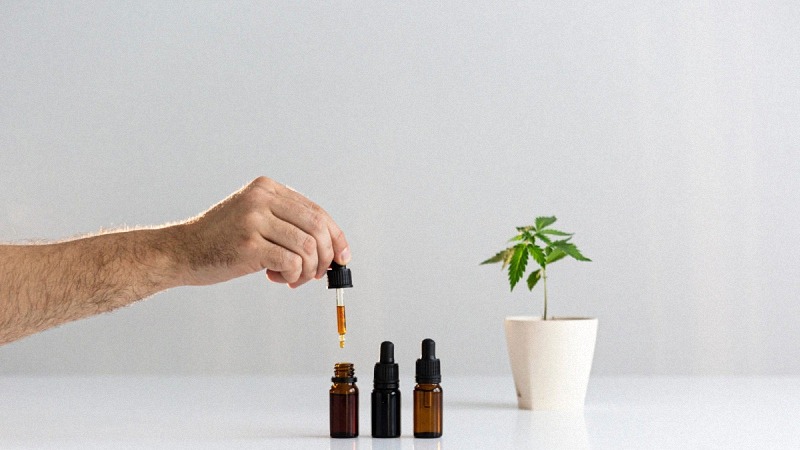
When CBD in liquid form is consumed sublingually (under the tongue), the membranes located there immediately absorb it into the bloodstream; again, meaning it bypasses the first-pass liver metabolism. This also applies to oral sprays, whereby the CBD is quickly absorbed by membranes in the cheeks and around the mouth.
If the liquid CBD is held under the tongue (or in the mouth in the case of an oral spray) for around 30 to 60 seconds before swallowing, the bioavailability improves further, as the amount of CBD that the membranes absorb is maximized. The effects are felt quickly (usually within 15 to 30 minutes) and are relatively long-lasting, at around four to six hours after consumption.
One NCBI study reported the half-life to be 10.86 hours after using an oral spray containing 20 mg of CBD.
Other Drugs Can Affect How Long CBD Stays in the Body
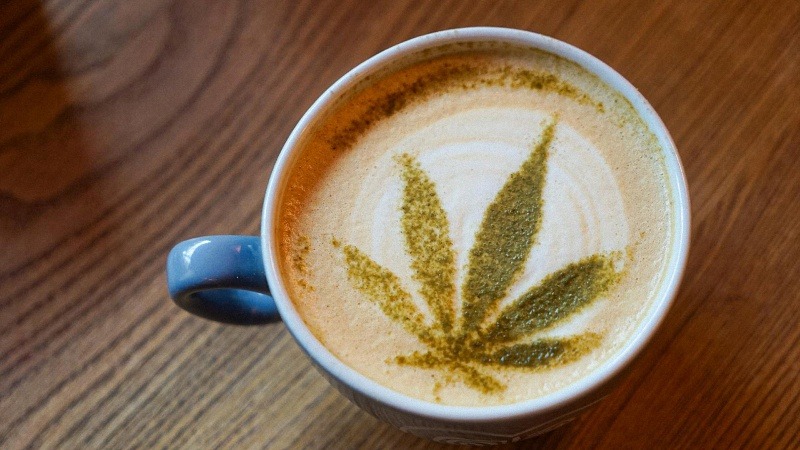
Although studies suggest that CBD is safe to use and consume regularly and in high doses, and with minimal side-effects, it still has the ability to interact with other substances as any compound can.
Some drugs can interfere with how CBD is metabolized, causing it to be removed faster, or remain in the system longer than it normally would.
The cytochrome P450 (also known as CYP45) is a group of enzymes involved in the liver’s metabolizing process, dealing with more than 60% of drugs and toxins in the body. Doctors make calculations using the average amount of time it takes for a medication to be processed by these enzymes, as they provide accurate information regarding the dosage.
By inhibiting the CYP450 system, CBD can deactivate its activity temporarily, which can cause a build-up in the metabolizing process, meaning it can stay in your system for longer.
Consumption of CBD and coffee together may also extend the time the former stays in your body. Both are broken down by the same enzymes, and consuming both at the same time can mean that the liver has too much to metabolize at once. The metabolizing process, therefore, slows down, increasing the time it takes for the CBD to leave the body completely.
Can CBD Levels Build Up in the Body?
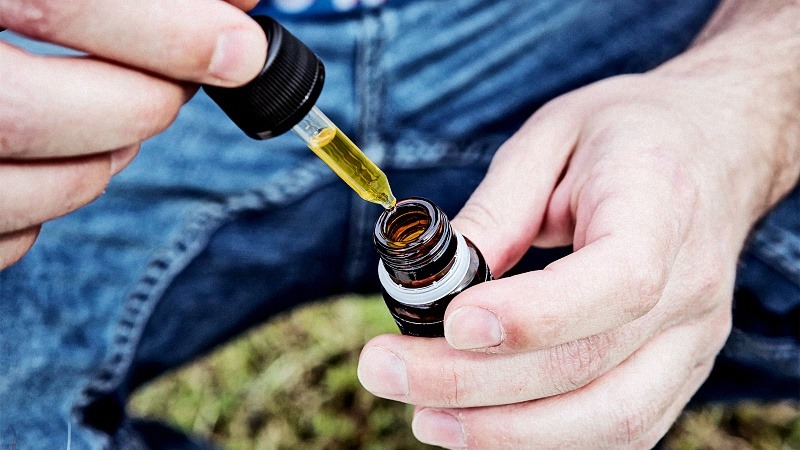
One study on this topic focused on people with Huntington’s disease taking high doses of CBD (700 mg daily) orally for six weeks, then stopping. The 5.9 to 11.2 ng/mL levels of CBD recorded during that time dropped to just 1.5 ng/mL a week after discontinuation of the treatment. After that, they were virtually undetectable.
As a result, the half-life of CBD when regularly consumed orally at high doses was estimated to be between two and five days. This is the highest possible half-life out of all consumption methods. Additionally, the study suggested that CBD levels can build up inside the body when consumed regularly.
However, the study also showed that, once the course of CBD has stopped, it will not stay in your system for longer than a week.
Summing it All Up: How Long Does CBD Stay in The Body?
There are many factors that affect how long CBD remains in the system after you use it.
Single doses of CBD in any form are usually eliminated from the body within 1 to 2 days.
Consistent CBD supplementation can build up in the bloodstream and will take much longer to eliminate completely. It can take up to a week to remove all the CBD after using it consistently for several weeks.
Other factors such as your individual metabolism and other medications can further affect the amount of time it takes for CBD to leave your body.

